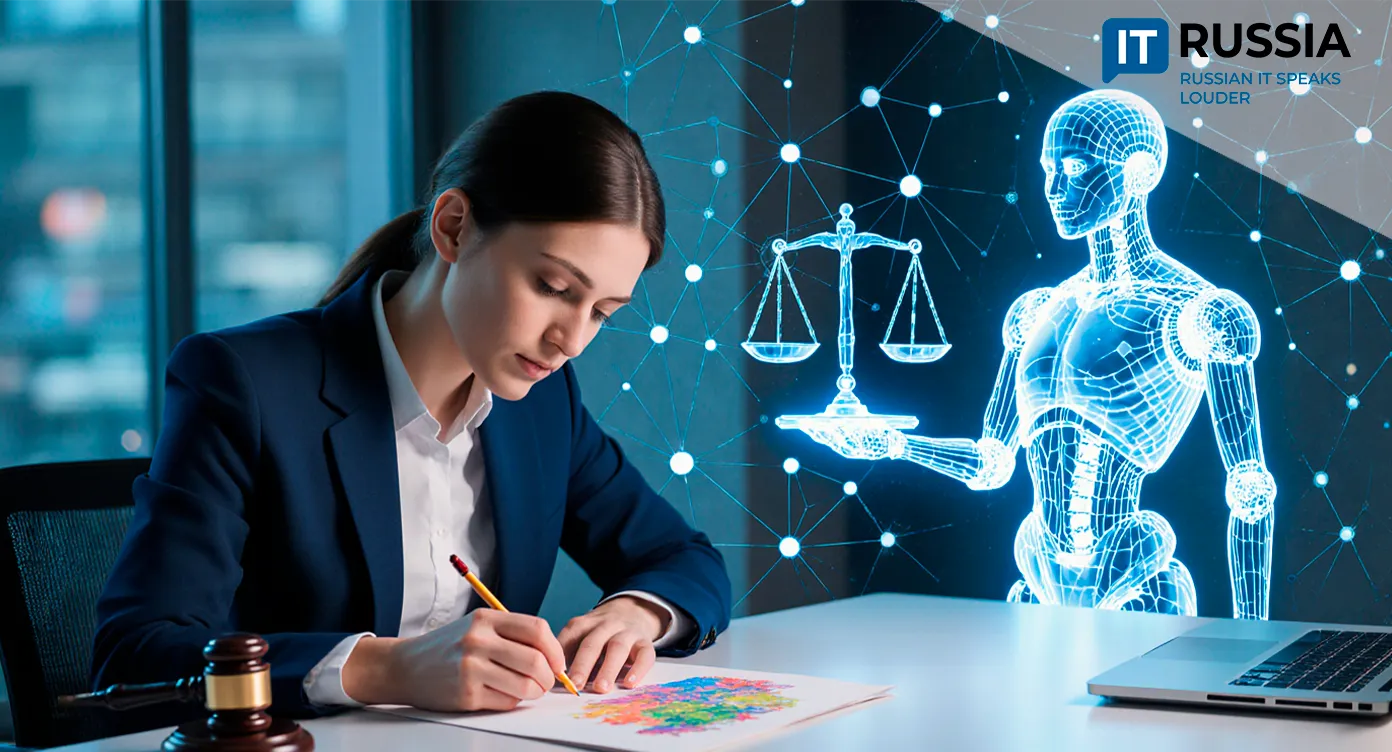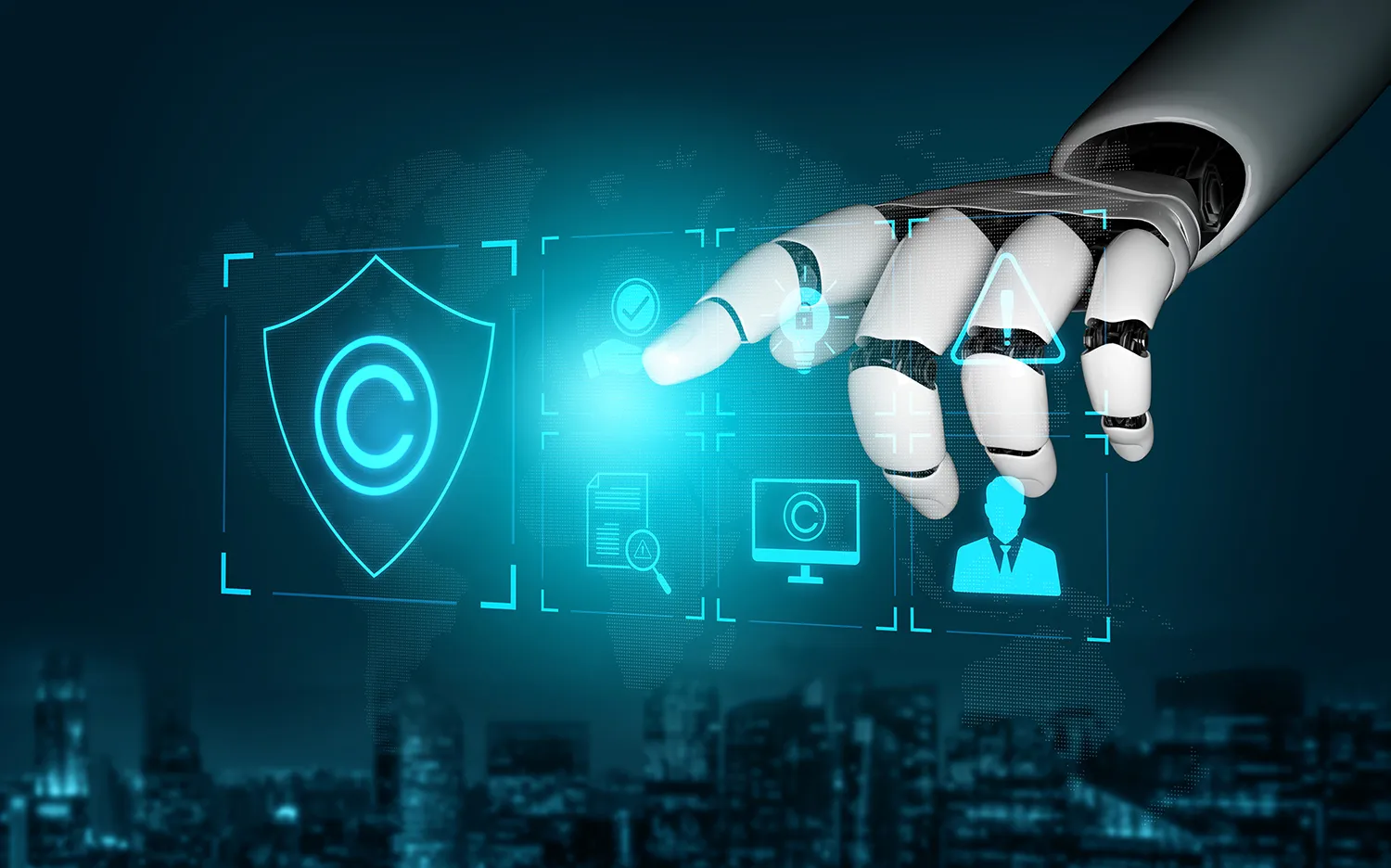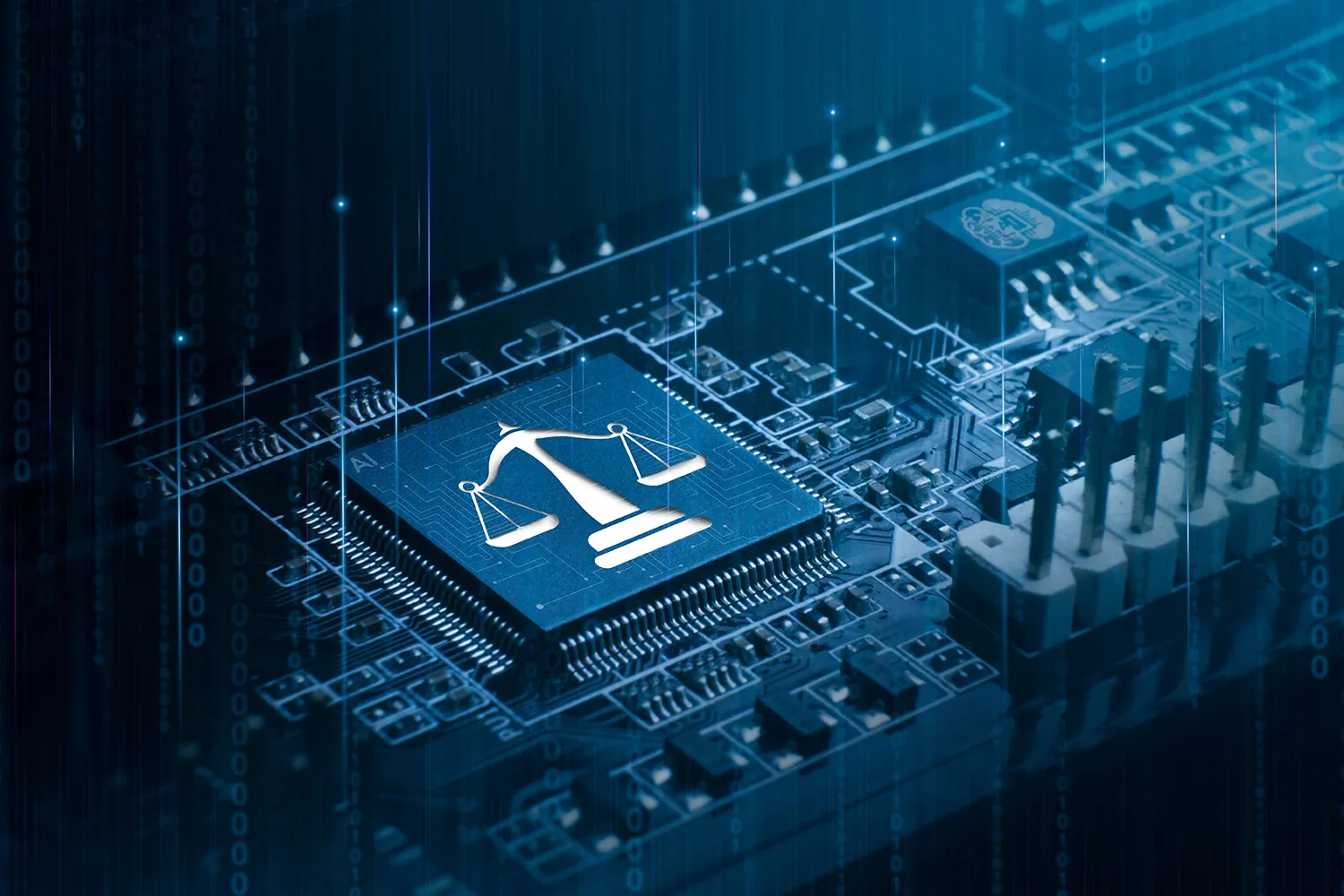Russia to Review Copyright Amendments for AI-Generated Content

Russian lawmakers are preparing to establish legal protections for authors who use artificial intelligence in creative work. The move could become a landmark step, both domestically and internationally.
AI and Copyright
This fall, the State Duma will host a roundtable to discuss amendments to Article 1259 of the Russian Civil Code. For the first time, the changes would legally establish copyright protection for works created with the participation of neural networks. If adopted, authors who rely on AI in their creative process will be able to defend their rights and prevent their work from being claimed by AI owners.
This step is also important for the state itself. Legal clarity and protection for domestic authors will strengthen trust in AI tools and encourage their use in creative professions. Moreover, adoption of these amendments would send a signal abroad: Russia aims to adapt its legislation to modern realities in which AI has become an integral part. This could mark a significant moment in international legal practice.

A Tool Against Fraud
The new bill would create more secure conditions for Russian companies and freelancers, giving them the ability to safely use digital technologies.
They would also gain opportunities to promote their solutions internationally. But most importantly, the amendments would bring legal clarity and author protections at home. A clearer definition of terms such as “neural network” and “deepfake” would help fight misuse and fraudulent content.

Labeling and Authorship
Debates around copyright for AI-generated works have been ongoing for years. In the European Union, lawmakers proposed mandatory labeling of such content back in the summer of 2023 to improve transparency. In May 2024, Russia’s State Duma also began drafting legislation requiring labeling of AI-generated content.
Today, Russia has no clear copyright rules for such works—authorship is always attributed to a human, while AI is treated only as a tool for creating content. A similar situation exists in the U.S. and the U.K., where works created entirely by AI do not qualify for copyright protection.

Foundation for Future Regulation
The upcoming roundtable is expected to address mechanisms for sharing rights between authors and AI service providers. Lawmakers may also propose a broader framework for regulating AI-generated content—from accountability to labeling and transparency.
Clearly, the proposed bill is both timely and necessary. Protecting copyright and setting clear rules for AI-generated content would create a foundation for further development of legislation and enforcement in this area. The law would become a key element of Russia’s digital economy regulation, while also attracting attention and response from the international community.










































